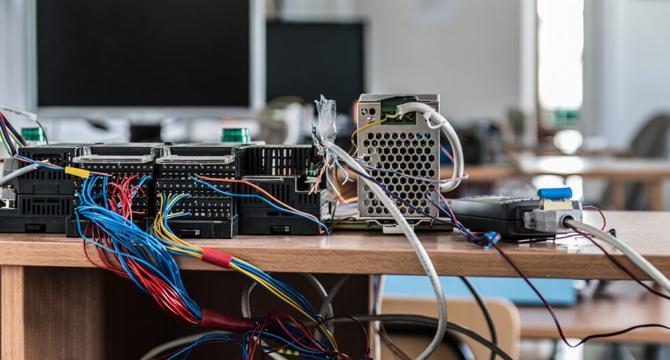TechBullion
2w
21

Image Credit: TechBullion
Beyond People: Why HR Tech Needs to Manage Machine Identities in the Age of AI and Automation
- HR departments are evolving into data-driven functions with a variety of non-human entities in their tech stacks to enhance efficiency and accuracy.
- Machine identities, governing machine access to sensitive data, are a critical but often neglected security aspect in HR tech infrastructure.
- Machine identity management involves creating, monitoring, and decommissioning identities used by automated tools like bots, APIs, and ML models.
- Failure to govern machine identities can lead to data breaches, unauthorized access, and compliance violations within HR systems.
- Automation and AI in HR tech handle sensitive employee data autonomously, raising concerns about identity governance and security.
- IAM policies tend to overlook machine identities, creating risks such as active credentials post-decommissioning and shared API keys.
- Untracked machine activity poses compliance risks under regulations like GDPR, HIPAA, and SOX due to lack of auditability and controls.
- Proper machine identity management is essential to prevent data breaches and legal consequences arising from misuse of identity credentials.
- Zero Trust Architecture (ZTA) and emerging technologies like DIDs and VCs can enhance security and auditability in HR systems, including machine identities.
- HR leaders need to collaborate with IT, security, and compliance teams to establish policies that encompass both human and non-human identities.
- As HR tech advances, managing machine identities becomes a crucial aspect for ensuring secure, compliant, and future-proof HR operations.
Read Full Article
1 Like
For uninterrupted reading, download the app